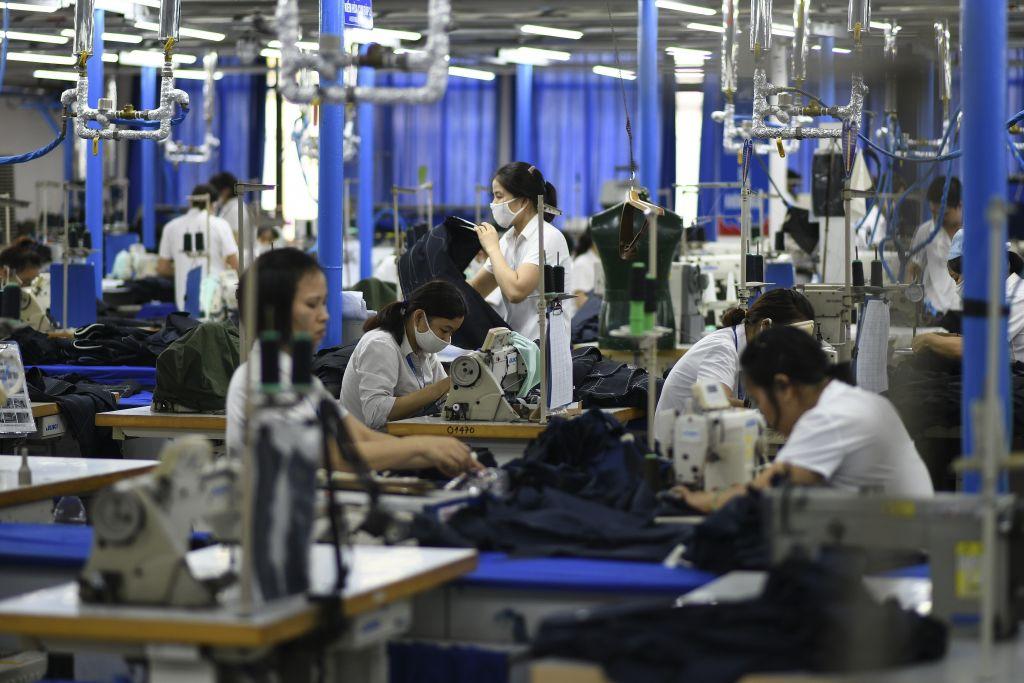TAIPEI, Taiwan—Vietnam has become a preferred alternative for manufacturers shifting production out of China in order to dodge U.S. tariffs. For a group of Taiwanese firms that have operated in the Southeast Asian country long before the Sino-U.S. trade war, they are seeing risks instead of new business opportunities.
Shen Hsien-yu, president of the Council of Taiwanese Chambers of Commerce in Vietnam, explained that Taiwanese firms currently in the country have existing supply chains and partners to meet orders from existing customers.





